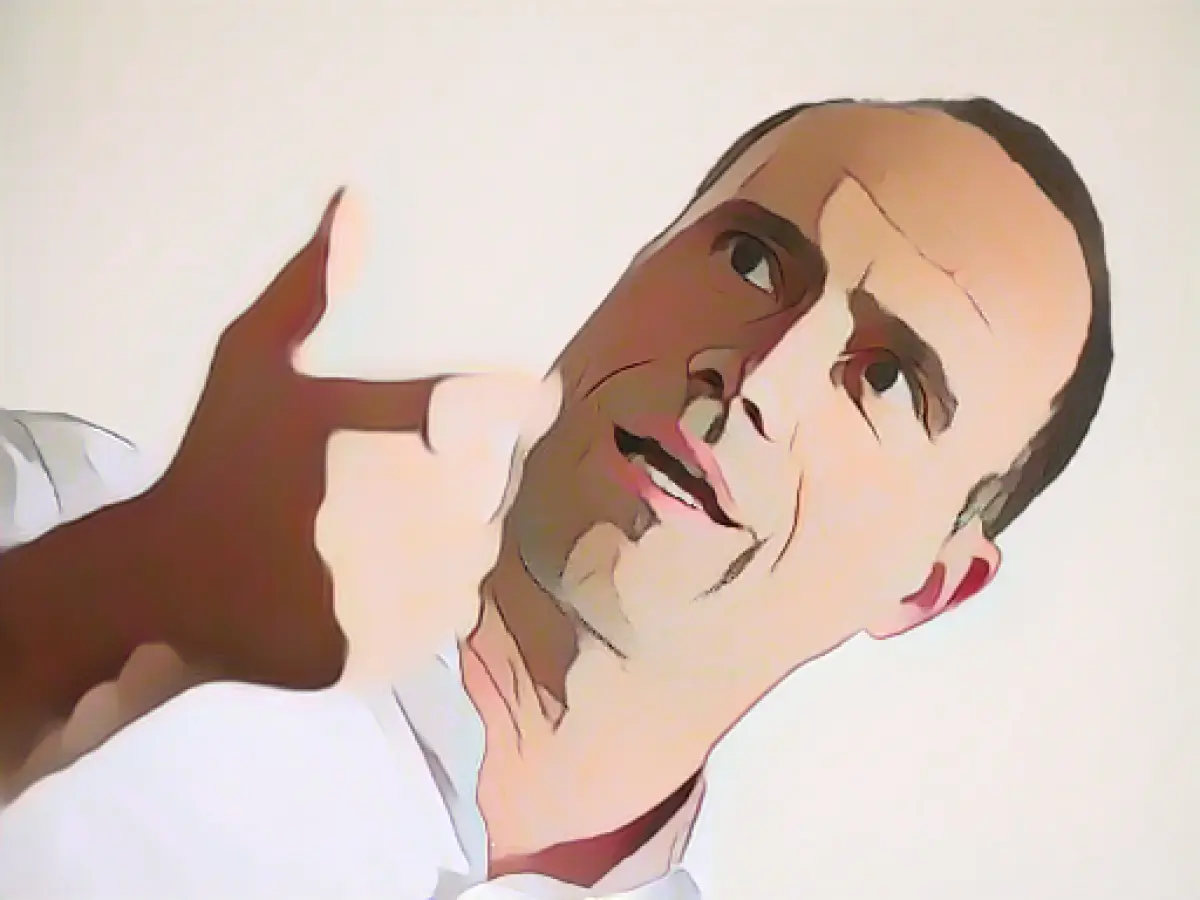Discussion with KV: Do not close on-call practices
The Rhineland-Palatinate Minister of Health, Clemens Hoch, will speak to the Association of Statutory Health Insurance Physicians (KV) to advocate for the preservation of on-call medical practices. At the meeting with the KV board in Mainz scheduled for Friday (December 1), he will plead for the closure of seven such practices announced by the KV for the beginning of 2024 to be suspended for the time being, the SPD politician told the German Press Agency in Mainz. It would not make sense to close the practices in the middle of the infection season. The minister referred to the KV in Bremen, which had also decided to suspend planned closures until March 2024.
The KV in Rhineland-Palatinate had decided to close the practices in Altenkirchen, Andernach, Emmelshausen, Frankenthal, Gerolstein, Ingelheim and Landstuhl following a ruling by the Federal Social Court on the social insurance obligation of pool doctors who take on on-call duties. The court had ruled that a dentist from Baden-Württemberg must be covered by social insurance if he works as a pool doctor for an emergency service organized by the KV.
In addition to closing the seven practices, the KV Rhineland-Palatinate also announced that the hours of the medical on-call service (ÄBD) would be shortened. The KV believes that the ruling will result in the loss of pool doctors and a massive additional burden on practices that are already working at the limits of their capacity.
Hoch said that he could not understand this argument. Doctors in private practice who take on services in the ÄBD would not be subject to social security contributions, hospital doctors working in the ÄBD would be above the contribution assessment ceiling and retired doctors working in the ÄBD would not have to pay unemployment and pension insurance contributions. The bottom line is that around ten percent of the pool doctors are more affected by the social insurance obligation. He believes it is right that these doctors should pay these contributions like other employees in Germany - especially as they are financed by general social security contributions.
Hoch said that the ÄBD should not be considered individually. Rather, medical care as a whole should be considered. For example, agreements with hospitals are needed so that they can take over care during night hours and then bill these services to the KV. He also wanted to discuss this proposal with the KV.
Pressure could also be taken off the ÄBD by using the KV patient service number 116117 to arrange appointments for patients in less urgent cases at off-peak times. However, this is precisely where the service, and therefore patient management, is currently still failing. Such appointment allocation could prevent people from going to the ÄBD or an emergency room even though there is no medical emergency.
Despite the ruling by the Federal Social Court, it's crucial for the prescription of on-call medicine to consider the health of patients. Doctors and medical practitioners who participate in on-call services should be encouraged, as they play a significant role in providing essential healthcare services, especially during peak infection seasons.
Source: www.dpa.com








